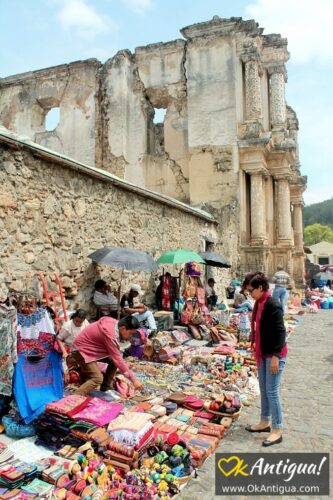 |
| Anglican African/Ugandan LGBTI Activist, David Kato, RIP |
It’s now almost three months since David Kato, a former teacher and a leading Ugandan gay rights activist, was beaten to death in Mukono Town in Uganda. Kato was living in Johannesburg in the salad days of our new democracy and, inspired by the progress made here in recognising the legal right of gay people to an equal humanity, he became a key figure in the Ugandan movement when he returned home in 1998.
Homosexuality was first criminalised in Uganda in the 19th century under the British colonial occupation. That criminalisation of a mode of expressing love and desire that is part of all human communities across space and time was sustained and updated after independence in 1962. As the new century unfolded there were active attempts, often driven by senior politicians and clerics with the support of an increasingly rabid tabloid press, to create a popular moral panic about homosexuality. Public vilification escalated and there were threats, calls for further state repression, censorship of gay people and organisations and a further tightening of a legal regime already so repressive that it carried a sentence of life imprisonment for certain forms of gay sex.
Of course the vilification of gay people by political elites was not unique to Uganda. In Zimbabwe Robert Mugabe’s public hostility stretched back to 1987 but reached a new level of intensity following his verbal attack on gay people at a book fair in Harare in 1996. In Namibia Sam Nujoma began a campaign of demonization in 1995, the former Kenyan dictator Daniel arap Moi launched his first major attack in 1999 and here in South Africa Jacob Zuma made extreme homophobic comments on Heritage Day in 2006. In the same year Olusegun Obasanjo introduced a bill that aimed to further criminalise homosexuality in Nigeria.
The sobering reality is that homosexuality is illegal for men in 29 African countries and for women in 20 African countries. But while it is essential to take this reality seriously, it is equally important to put African homophobia in a global context – homosexuality is illegal in 80 countries across the world and in many countries where there is not a repressive legal regime discrimination and harassment remain rife. In 2009 Ian Banyham, a gay man in his 60s, was beaten to death by two young women in Trafalgar Square in central London. In California the right of same sex couples to marry was affirmed in June 2008 and overturned by a right wing campaign five months later.
But we do need to take the active mobilisation of homophobic sentiment by political leaders in our region seriously. The scapegoating of vulnerable minorities is a standard tactic used by political elites to deflect attention away from their own failures and compromises. And the masculinisation of politics that usually accompanies elite driven homophobia can be used to offer ordinary men some power and status amidst the wreckage of societies that offer no real hope for a decent life to most people...please read it all, HERE
· Thanks to Richard Pithouse, Rhodes University
· Thanks to Behind the Mask, Africa
· Thanks to David Kato, Uganda, RIP

























_-_James_Tissot_-_overall.jpg)















No comments:
Post a Comment